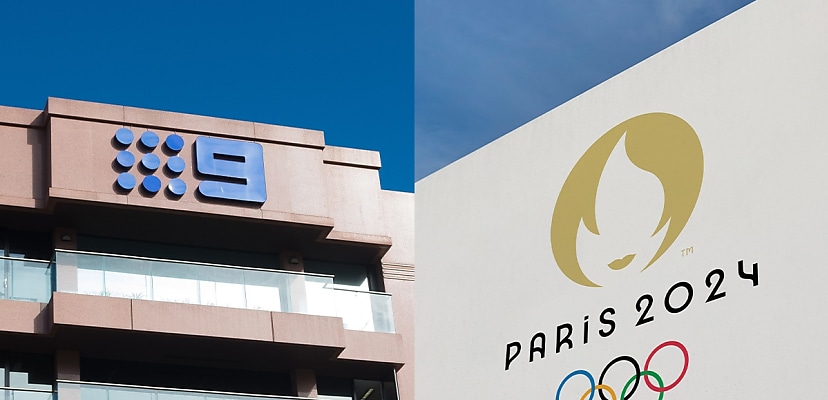As seen by ITNews, Nine technology director of publishing and enterprise practices Andre Lackmann said that Nine uses Fastly to block bot and malicious web application requests and that every day, it filters through 1.2 billion attempts to access its media platforms.
However, during the Olympics, Lackmann said, the number of requests quadrupled, and during the swimming and other specific events, the peaks grew even higher.
“Across all of those services, we have a 70 per cent CDN offload, so about 30 per cent of that traffic is coming through the WAF itself, and about 1 to 2 per cent is being blocked,” said Lackmann, speaking at the Fastly Xcelerate conference in Sydney.
“If you do the sums there, there are millions of requests being blocked that we would have a lot of challenges managing in any other way.”
While 96 million is a lot, researchers and cyber teams expected a spike in malicious cyber activity to accompany the Paris Olympics.
Following the games, French cyber authorities revealed that there were over 140 cyber attacks during the period of the games.
According to media reports, from 26 July to 11 August, the dates bookending the Olympics, French government cyber security agency ANSSI recorded 141 cyber incidents, 119 being low-impact “security events”, and 22 being incidents in which threat actors successfully breached the information systems of a victim.
A third of these incidents were downtime events, over half of which were caused by denial-of-service (DoS) attacks, while the remaining attacks were attempts at system breaches and data theft, some of which were successful.
These victims were largely related to the operation of the games, including transport and telco infrastructure, sports and government agencies.
“All the cyber events that occurred during this period were generally characterised by their low impact,” said the agency.
A rise in malicious cyber activity was expected by the Olympic host nation, with France bolstering its security months prior to the games.

Daniel Croft

